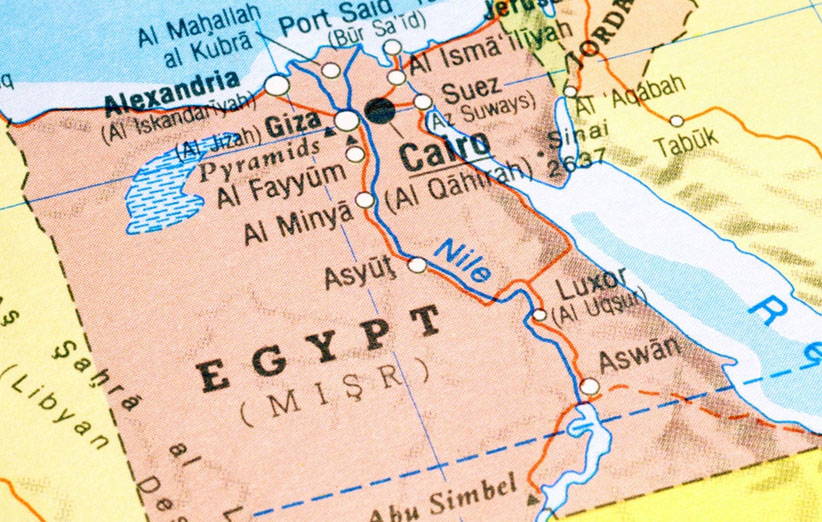(3 minutes read)
The European Bank for Reconstruction and Development’s (EBRD) latest regional economic update says that Egypt’s real GDP growth is expected to fall to 3.1% in 2022, down from the 7.2% seen in 2021. However, the EBRD sees a positive uptick for 2023. It forecasts GDP growth for 2023 to jump to 6% next year
The European Bank for Reconstruction and Development’s (EBRD) latest regional economic update says that Egypt’s real GDP growth is expected to fall to 3.1% in 2022, down from the 7.2% seen in 2021. However, the EBRD sees a positive uptick for 2023. It forecasts GDP growth for 2023 to jump to 6% next year.
The Bank says that the economic fallout from the War in Ukraine would be significant in the southern and eastern Mediterranean regions including Egypt, particularly for the higher oil and food prices for consumers. Earlier, the EBRD expected the country’s real GDP growth to hit 4.9% in the current fiscal year (FY 2021/22) riding on the back of a boom in the telecommunications sector, private consumption, and investment and foreign direct investment (FDI). In Mediterranean countries, petroleum products are the biggest single import item. A number of countries are also dependent on imported food products, notably Egypt, Tunisia, and Jordan.
Also Read:
https://trendsnafrica.com/egypts-export-of-printing-packaging-materials-etc-records-a-growth-of-65/
https://trendsnafrica.com/egypt-to-host-cop-27-in-november/
Imported inflation is another factor that hinders the growth process. It is expected to affect the region’s growth and its recovery from the pandemic process. The report noted that food and fuel subsidies are likely to limit the effect of inflation on households and at the same time create a burden on public finances.
According to the dietary sourcing flexibility index (DSFI) developed by FAO, consumers in Tunisia, Morocco, and Egypt are particularly vulnerable to food crises. A significant share of the population in these countries is unable to support a healthy diet if prices rise. This will force governments to step in with support programs. The report said that the war could avail opportunities for gas exporters. However, it will have a negative impact on tourism and supply chains in countries with a sectoral concentration in the region, including Egypt.
The report also suggested that changes in global gas markets could create opportunities for potential gas exporters in North Africa, mainly Algeria, Egypt, and Libya in the long term, especially if pipeline access to Europe is streamlined. The number of arrivals of tourists from Russia and Ukraine may drop by 20%.





